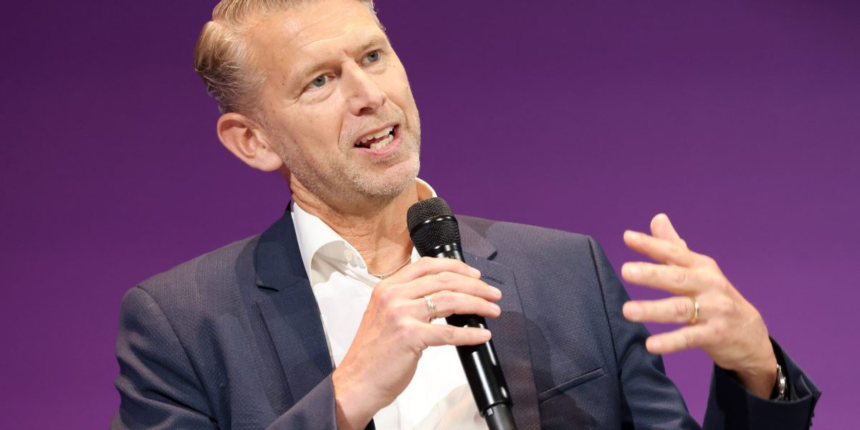Yet one thing is certain: Neither the European Union nor Sweden will rescue Northvolt, even though it was once Europe’s best funded startup, having secured $15 billion in funding commitments from investors and governments.
How a company founded by two former Tesla executives managed to fail despite such a massive amount of capital will be a case study for business schools for years to come. It also raises questions as to whether the government did enough to support its former battery champion, and how Europe should revise its approach to competing with China in high-growth, low-carbon industries.
“If you want to scale up new production capability in a commoditized market, your executions have to be spectacular; Northvolt’s were not,” says Douglas. “They continued to scale up and expand geographically before they had a good handle on their actual production capability. They did not get their yield numbers up, and their delivery times were delayed, so they could not be competitive.”
Northvolt’s failure is undeniably a blow to the wider ecosystem. For Douglas, it “will make a lot of the larger investors nervous about future scale-ups, and stakeholders will be much more focused on the scale-up manufacturing risks than before.”
“If you want to scale up new production capability in a commoditized market, your executions have to be spectacular; Northvolt’s were not.”
This means that Verkor is still in a critical transition phase, but it can at least now count on a little help from Brussels.
“It’s not because some have struggled, like Northvolt, that it’s the end of the game. Europe needs to keep pushing.”
It’s a view shared by the International Energy Agency (IEA), which says that we’re in a “make or break” moment for the European battery industry. Although China—which has extensive manufacturing know-how and supply-chain integration—now produces three-quarters of batteries globally, there are pathways for building a more competitive battery industry in Europe, beyond blanket subsidization.
Instead, Douglas believes that Europe stands a better chance at high-end cells and new cell chemistry. He also points to other related industries where the price gap with China is either less, or just less important: “Decarbonized industrial manufacturing, recycling and circularity, biotech and agritech, and energy business model innovations all have great starts in Europe.”
Nonetheless, Northvolt’s collapse exposed scale-up shortcomings that need to be addressed if Europe wants to build the supply chains that are crucial for its sovereignty, in EV batteries and beyond.
At a system level, cheap energy and a skilled workforce are also a necessary “baseline” for competitiveness, Mangesius adds. Achieving those can take time, but that itself is a lesson in how the Chinese built their own thriving industries. Says Mangesius: “China shows consistency in industry policies, which allows reliable and competitive ecosystems to build up, in particular in clean-tech sectors.”









